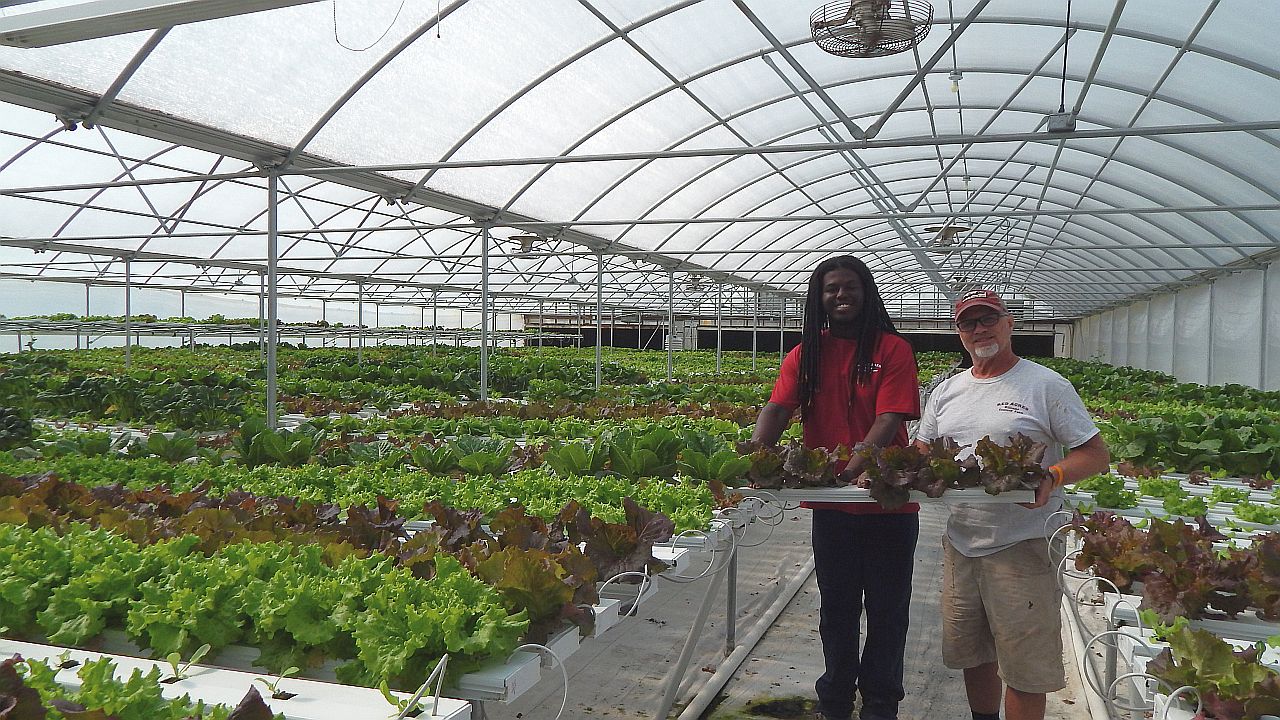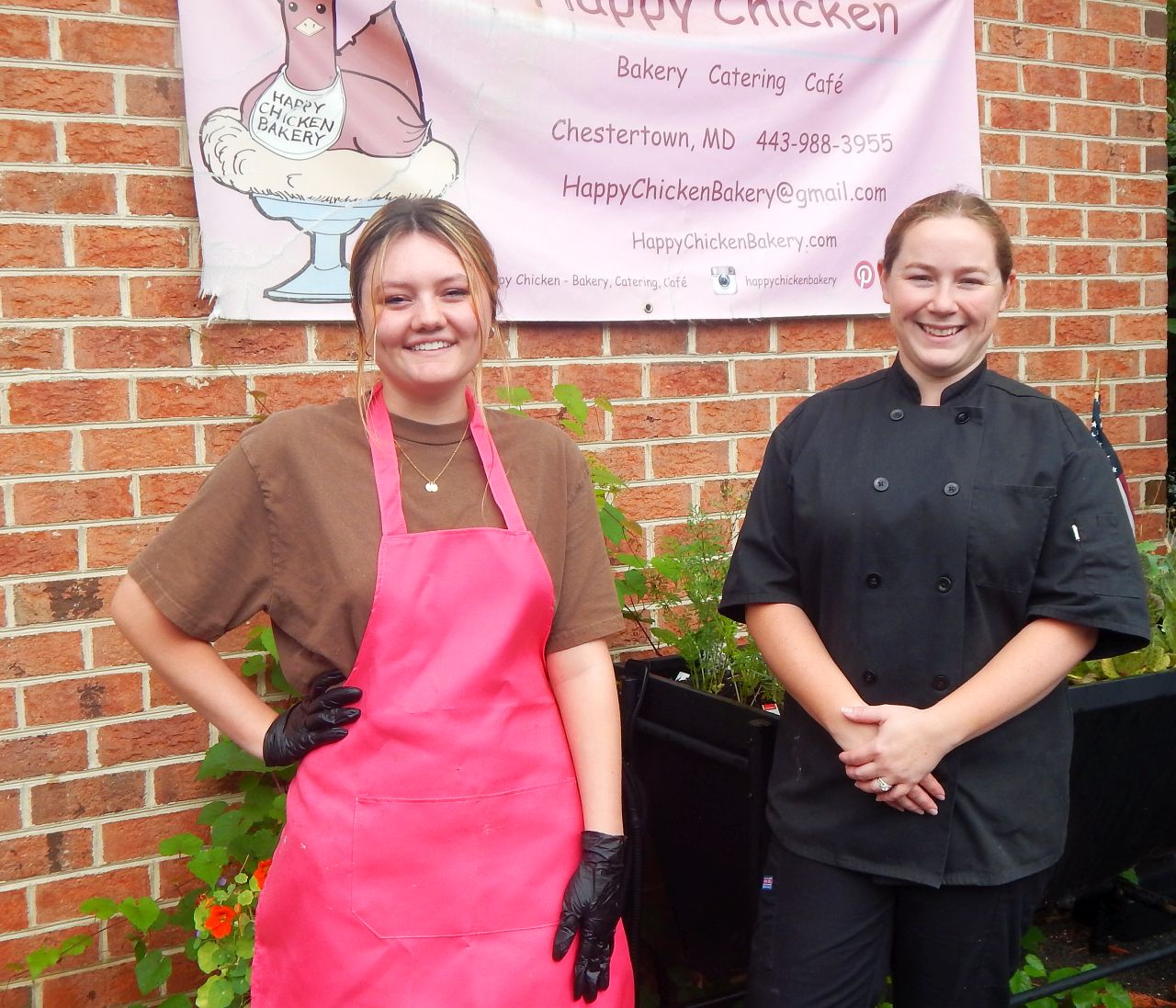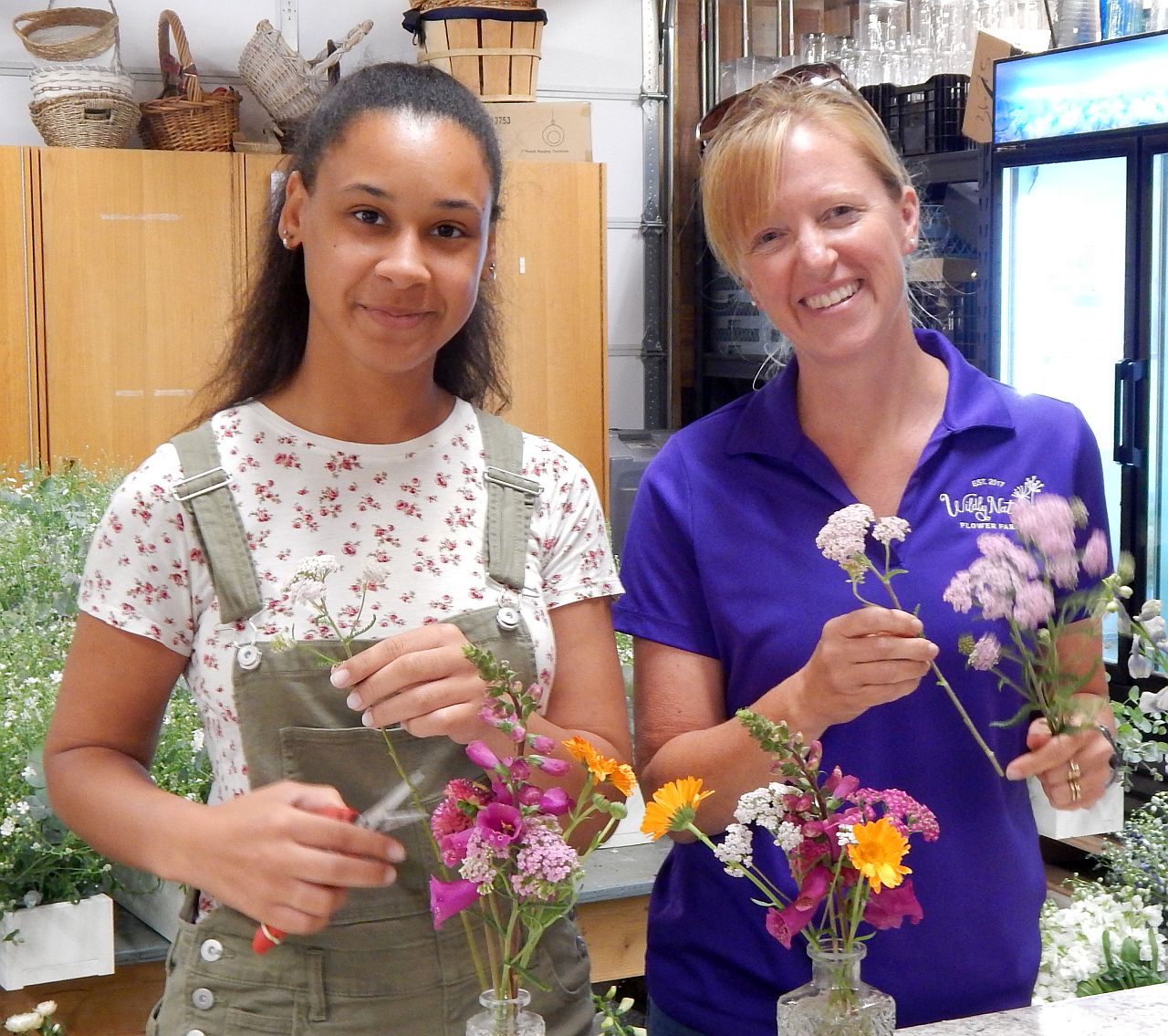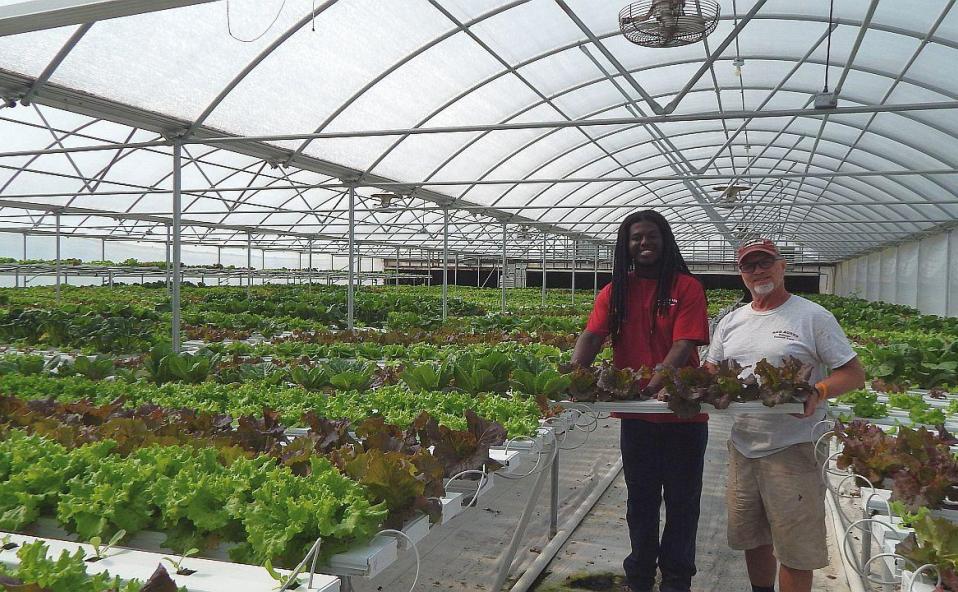One of the ongoing debates regarding public education in the US is the overemphasis on every student attending college–rather than pursuing a career in craftwork or technical/ education. In Europe, the UK and many other places in the world, students choose prior to “high school” whether they want to pursue a path in academics and “white collar” professions, or one in technical trades such as manufacturing, auto-, plumbing-, or electrical-repair, or agricultural science. Hence, in those countries, one can find many adults highly proficient in those areas who have apprenticed and studied their craft from a young age.
The American educational emphasis on academic pursuits for all has created a society with a serious lack of proficient people to build or fix our cars, our machinery, homes, or to grow our food. Educational experts in America do agree on one thing, that each student has unique abilities and learning styles– such as those who prefer physical hands-on learning and pursuits over more cerebral academic preferences.
The tide may be turning as more technical and trade schools are catering to high-school-age students. The chef/cooking profession, auto repair and restoration, farming and woodworking have all gained a popular resurgence, with the proliferation of tv shows and online videos promoting these trades.
Chestertown (Maryland) Lion’s Club Member Jeff Ferguson decided to support this vital aspect of education by creating and supporting internships in technical trades through grants from his Club to various Kent County businesses willing to mentor and apprentice high school students.
“My opinion is that college degrees and attending college has been oversold in our country, much to the detriment of the skilled trades and crafts, observed Ferguson.”
Working with Aundra Anderson, the Senior Counselor of Next Generation Scholars Program with the Maryland Business Roundtable for Education, they found students from families who could benefit from the financial support that the internship could provide. Aundra Anderson brought the local companies into the process and then matched student interests with the companies. With Ferguson’s concurrence on the companies, she then chose the students from the Next Generation Scholars Program.

Jaylin and Brian
Red Acre Farms in Kent County Maryland is a family-run farm growing hydroponic lettuce sold to stores and restaurants throughout the region. They also run a farm store and an events venue. Owner Brian Williams was teamed up with senior intern Jaylin Whye, who plans to attend a University of MD program in construction management after he graduates high school. Williams has found intern Jaylin to be a great asset to his business. “He is very quick to learn any task, do it well, and stay on task.”
Whye concurs, “I have grown and prepared lettuce, had a hand in preparing for events and helped out in the farm store. I thank Brian and everyone at Red Acres for welcoming me immediately. This experience has taught me organizational and leadership skills and prepared me to balance school and work life.”

Intern Brooklyn Usilton and Martha from Happy Chicken
The Happy Chicken is a burgeoning catering business providing freshly-prepared dishes from locally-produced ingredients for private events. They also offer pastry items at the Chestertown Farmers market, local pop ups, and custom orders.
Intern Brooklyn Usilton was paired up with owner and baker Martha Ledoux to learn the trade. Ledoux found Brooklyn to be a great asset and helper while the intern learned vital aspects of the food trade and running a small business.
“Brooklyn was an incredible asset to our team. She was a joy to have around. We know she is going to do great things and we are excited to watch her continue to blossom!,” remarked Ledoux.
In addition to baking, Brooklyn learned a lot about how a kitchen was run, the rules, and how to use equipment properly. She also helped with food prep, learned knife skills, and helped with packaging for orders and the farmers market.
“My favorite learning experience, however, was how to deal with failure. The job added a level of maturity to my high school experience that I otherwise would not have had, and I am very thankful to Martha, Zach, and the Lions Club for the opportunity.”
Brooklyn will be attending Towson University to study business to hopes to open her own bakery one day.

Alycia and Liza
Wildly Native Flower Farm grows hundreds of varieties of flowers for private events and venues, delivering their custom flower arrangements to clients around the four-state region. Owner Liza Goetz established her “growing business” on her family’s 300-year-old historic Kent County farm.
Intern Alycia Wilson has been a great asset to the business, learning the trade from field to presentation; it has been a lesson in agricultural production, the artistry of flower arranging, processing flower orders and working with clientele. She also created a line of stickers with quotes to promote the company.
“What I learned from doing all of those things was flexibility. Each morning I came into the shop, I had no idea what my task was going to be, which was really refreshing and exciting and admittedly sometimes a little bit stressful, but it was nice to give up some routine and control.”
Ferguson says the program turned into a huge success for all concerned. The financial support of the Lions enabled three students to obtain some “real world” experience.
“The companies got some extra help that they perhaps otherwise wouldn’t have been able to have. Word of the program has now spread. Not only do the three companies want to participate again, but four other local companies have contacted us requesting an intern.”
“I see this program as a way to make a difference for both the companies and the students, a way to give something back to the community in helping a business grow and a means for increasing club presence and building the Lions brand within the local community.”
By Liz Alexander
Alexander is a retired journalist and current Chestertown Lions Communication Chair



Write a Letter to the Editor on this Article
We encourage readers to offer their point of view on this article by submitting the following form. Editing is sometimes necessary and is done at the discretion of the editorial staff.